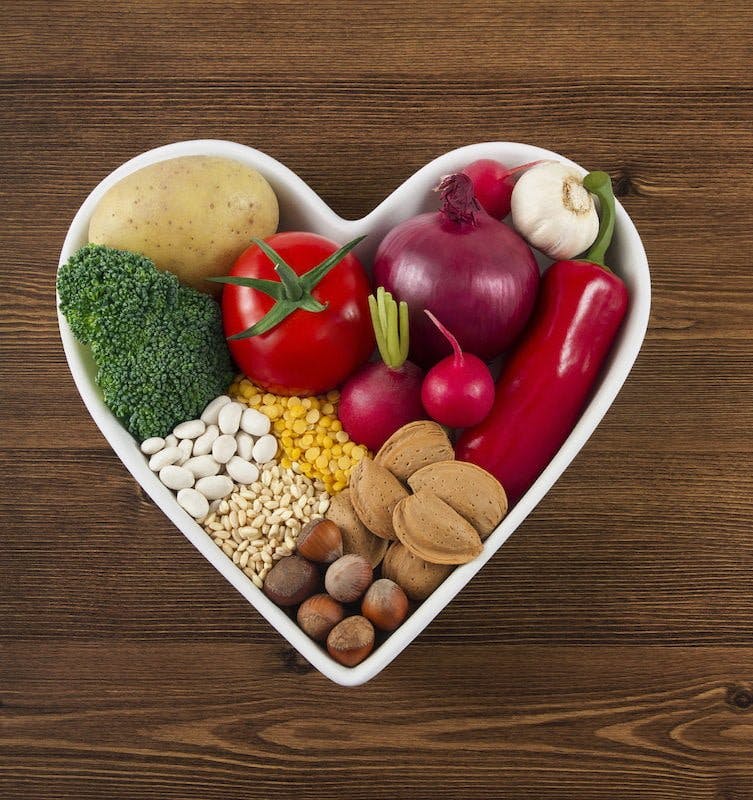The female body’s nutritional needs change during pregnancy and your doctor may ask you to adjust your diet by avoiding or being careful consuming certain foods. You may also hear myths about pregnancy nutrition, and it’s important to know fact from fiction. If you are ever uncertain about a certain type of food, talk to your doctor.
Foods to Avoid
Pregnancy affects your immune system, so both you and your baby are more susceptible to certain food-borne illnesses. Here are some foods that pregnant women should generally avoid:
- Raw and undercooked foods: Raw or undercooked meat, shellfish, eggs, poultry or fish risk exposure to multiple forms of bacteria. Make sure all foods are cooked properly, and avoid sauces or batters with raw eggs in them. In addition, certain raw sprouts or unwashed produce can be high in bacteria and should be avoided.
- Caffeine: According to registered dietitian, Frances Largeman-Roth, pregnant women should not consume more than 200 milligrams of caffeine per day—roughly a 12-ounce cup of drip coffee. Energy drinks should also be avoided as they may increase blood pressure and cause unusual heart rhythms. Pregnant women should even avoid natural energy boosters like guarana, ginseng and green tea extract.
- Trans fats: Trans fat increases your levels of “bad” cholesterol while decreasing “good” cholesterol, and may be linked with higher rates of infertility and complications. Watch out for fried foods, batters and cake mixes, non-dairy creamers, margarine and other high-trans fat foods.
- Sugary foods: Sugar can hide in things like frozen foods, cereals, snacks, salad dressings and even many types of bread. Consuming too much sugar can lead to obesity and is a risk factor for diabetes, so read labels carefully and avoid excess sugar in your diet.
- Unripe papaya: Contains a latex substance that can lead to contractions, and may induce labor at an unsafe time.
Pregnancy Nutrition Myths
Unfortunately, there’s a lot of misinformation out there when it comes to dietary restrictions during pregnancy. Here are a few of the most common myths:
- Dairy products are off limits: Some people assume that all dairy is bad for pregnant women, but this often isn’t the case. Make sure any dairy you do consume, however, is pasteurized—this refers to dairy that’s been subject to a sterilization process. With other dairy products like eggs and cheese, it’s important that they are pasteurized as well. Consider hard cheeses like cheddar or swiss and always check food labels to make sure the product is pasteurized.
- Pregnant women cannot eat fish: Although pregnant women should avoid raw fish like sushi, there are many types of fish that are just fine if they’re properly cooked. Also avoid fish that are high in mercury, like swordfish, mackerel and shark. Fish that have lower mercury levels, on the other hand, including salmon, catfish, cod, shrimp, light canned tuna and tilapia, are fine to eat for pregnant women if cooked properly. Use this checklist from the FDA to know which types of fish are safe.
- Deli meat is safe for pregnant women: Deli meat may contain listeria, which can lead to a serious infection. Deli meat may also contain high levels of sodium, fat and preservatives. If possible, look for alternatives.
- You should eat for two while pregnant: Although pregnant women do need more nutrients, it is not necessary or healthy to double your caloric intake. The American Pregnancy Association says you need only about 300 extra calories in the second and third trimester.
Your doctor or OB/GYN can offer additional recommendations for your diet throughout pregnancy.
Obstetricians/gynecologists at Revere Health OB/GYN provide a full range of healthcare services to women throughout all stages of their lives including; puberty, child-bearing years, menopause.

